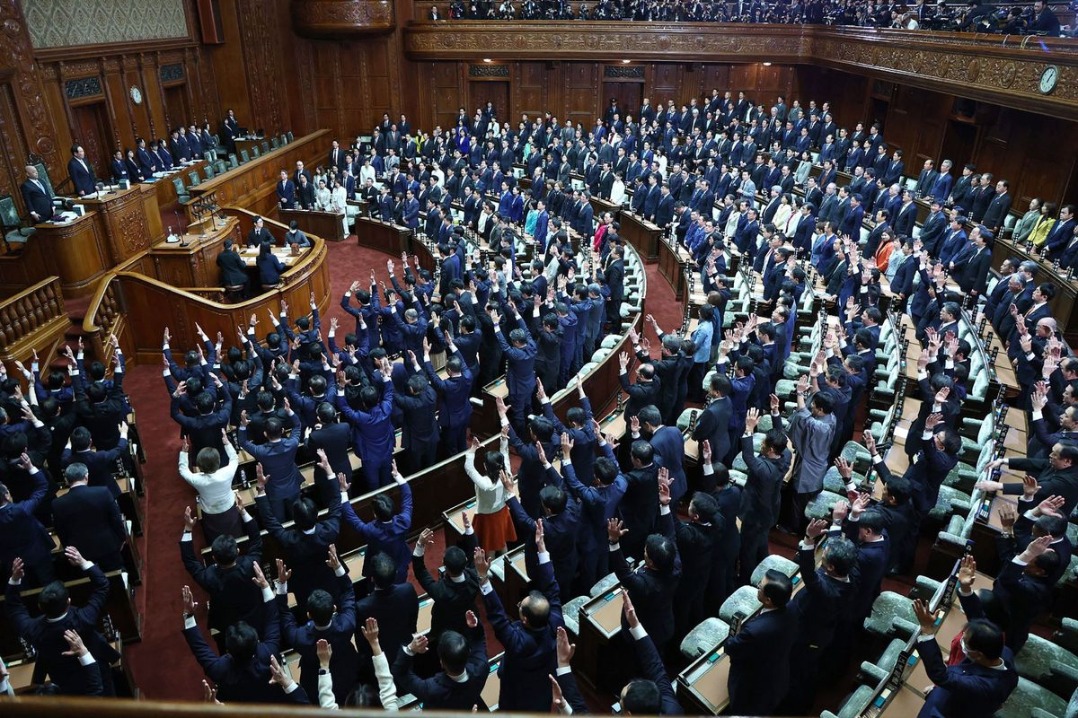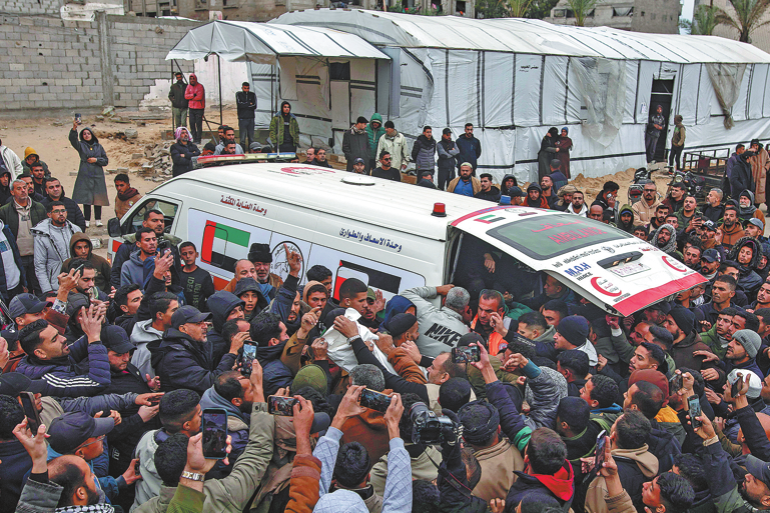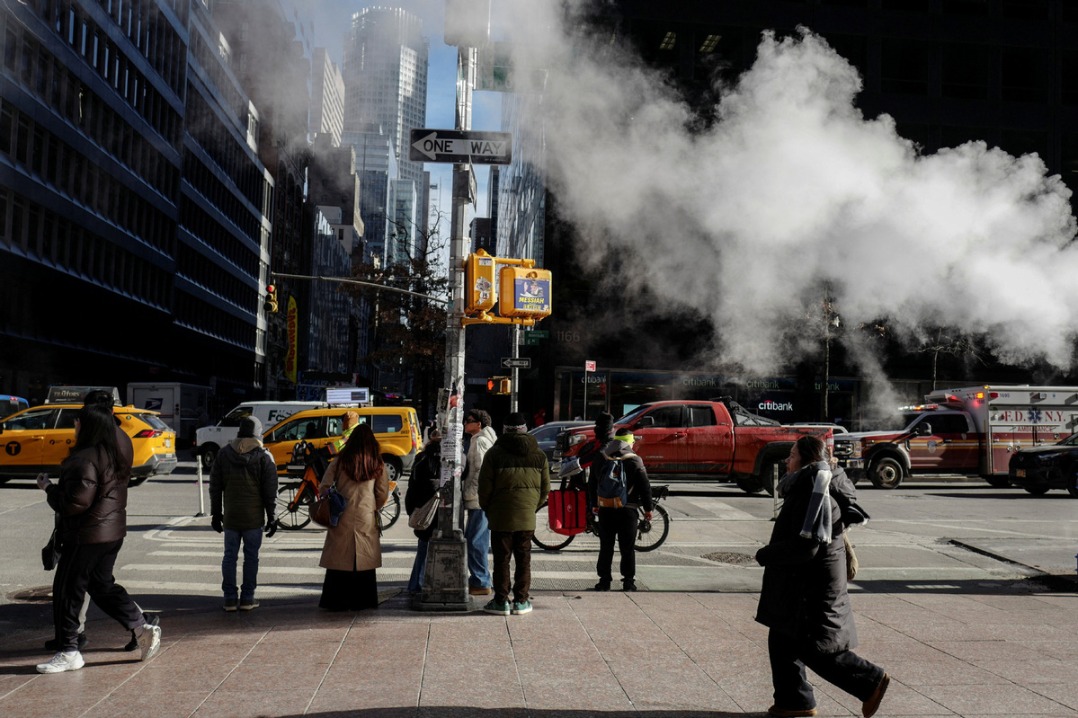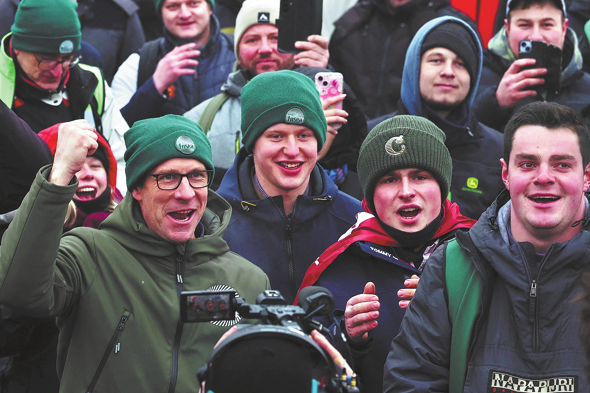Weather pressures lockdowns

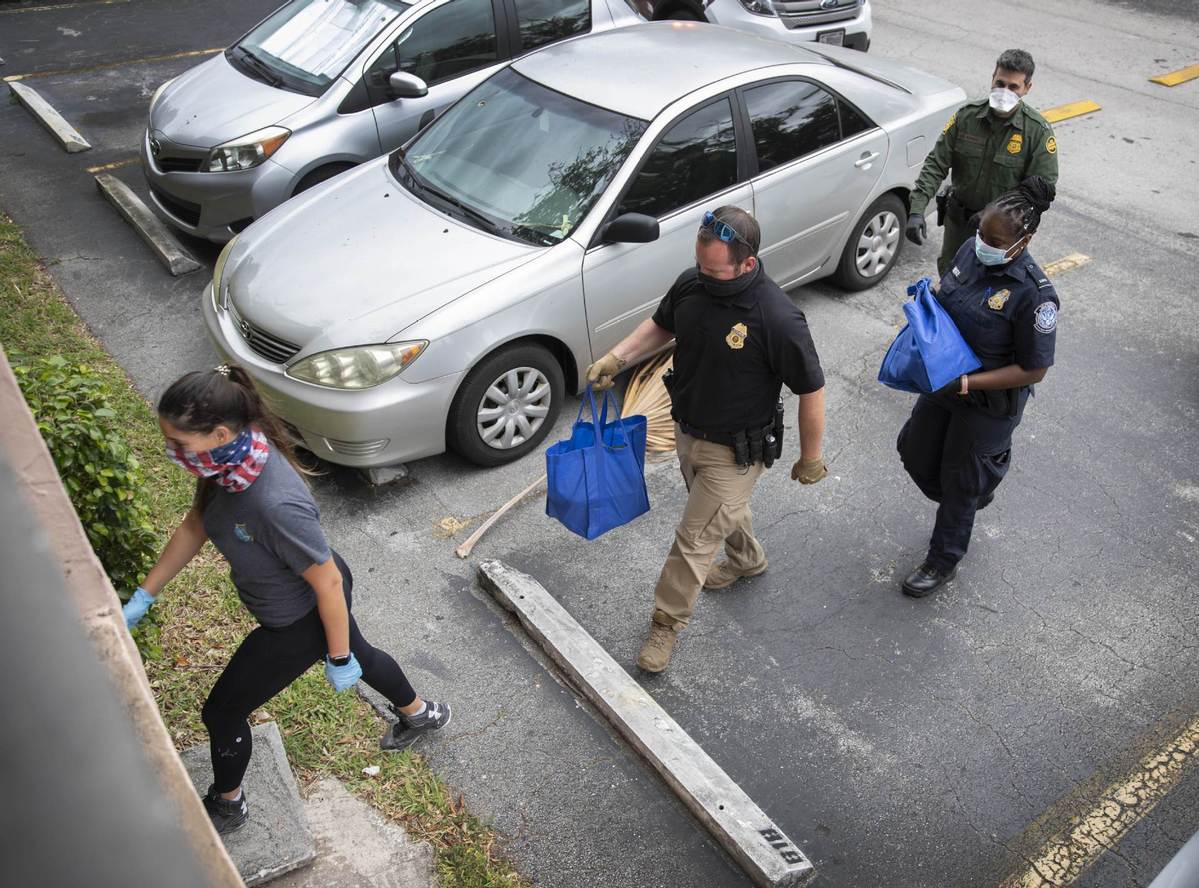
As the weather heated up over the weekend in the US, so did the chafing at coronavirus restrictions and the discord in national politics.
US authorities are not yet seeing a surge in coronavirus cases in places that are reopening, but it was still too early to determine trends, US Health and Human Services Secretary Alex Azar said Sunday.
"We are seeing that in places that are opening, we're not seeing this spike in cases," Azar said on CNN's State of the Union program. "We still see spikes in some areas that are, in fact, closed."
The weekend also produced a verbal exchange between President Donald Trump and former president Barack Obama over the handling of the pandemic.
"More than anything, this pandemic has fully, finally torn back the curtain that so many of the folks in charge know what they're doing," Obama, who preceded Trump as president, said in a video commencement speech to graduates of historically black colleges and universities on Saturday. "A lot of them aren't even pretending to be in charge."
In response, Trump told reporters at the White House on Sunday: "Look, he was an incompetent president, that's all I can say."
As of 4:30 pm EDT Sunday, the US had more than 1.48 million reported coronavirus cases, with nearly 89,000 deaths, according to data from Johns Hopkins University. Both figures are the highest in the world.
A key part of reopening will be watching for flulike symptoms and hospital admissions data, as well as testing of asymptomatic individuals, Azar said.
He said data will take some time to come in from states that reopened early, such as Georgia and Florida.
Hours before Florida entered its "full phase one" of reopening, the state Health Department reported 777 new cases coronavirus cases since Saturday. There were 45,588 confirmed coronavirus cases in the state since March 1, with 1,973 deaths.
Nearly all 50 US states have begun to allow some businesses to reopen and residents to move more freely, but only 14 states have met the federal government's guidelines for lifting measures.
Azar said it was up to local governments to handle reopening plans, as Americans are eager to head to bars, beaches and parks.
"These are very localized determinations. There should not be a one size fits all to reopening but reopen we must because it's not health versus the economy. It's health versus healthy," Azar said, adding that there were serious health consequences to not reopening.
On Sunday, New York Governor Andrew Cuomo took a coronavirus test during his media briefing,
"That's it? Told you. That is the whole test. I'm not in pain, I'm not in discomfort," he said. "There is no reason why you should not get the test."
Cuomo said Saturday that New York's latest confirmed coronavirus cases are mainly coming from people who left their homes to shop, exercise or socialize, rather than from essential workers.
"That person got infected and went to the hospital or that person got infected and went home and infected the other people at home," Cuomo said.
Cuomo said that while last week he had theorized that new cases were coming from essential workers, "that was exactly wrong".
"The infection rate among essential workers is lower than the general population, and those new cases are coming predominantly from people who are not working, and they are at home," he said.
Because of the high infection rate in New York City, the state has accounted for more than one-third of total COVID-19 deaths in the US.
Statewide, the outbreak is relenting, with hospitalizations falling to 6,220, more than a third the level at the peak one month ago.
New York, along with the neighboring states of New Jersey, Connecticut and Delaware, will partially reopen beaches for the Memorial Day holiday weekend May 23-25, Cuomo has said.
But in New York City, Mayor Bill de Blasio said Sunday that the city's beaches will not open for Memorial Day and he's not comfortable with people gathering outside bars.
"I've said before and I'll say it again," de Blasio said. "We are not opening our beaches on Memorial Day. It is not safe. It is not the right thing to do in the epicenter of this crisis.
"The bars are a different matter," de Blasio said, referring to reports that people were gathering on sidewalks and drinking Saturday night on Manhattan's Upper East Side.
"We're not going to tolerate people starting to congregate. It's as simple as that," de Blasio said. "If we have to shut places down, we will."
Circles called "human parking spots" were painted on the grass in Brooklyn's Domino Park in New York City to help sunbathers and picnickers keep a safe distance. About half the people in the park wore some form of face covering as they gathered in small groups Saturday when temperatures reached the mid-80s Fahrenheit, with police officers in masks keeping watch.
In Michigan, Wisconsin and Pennsylvania, three key "battleground" states in the 2016 presidential election, protests calling for states to reopen faster have drawn armed demonstrators.
Reuters contributed to this story.
















